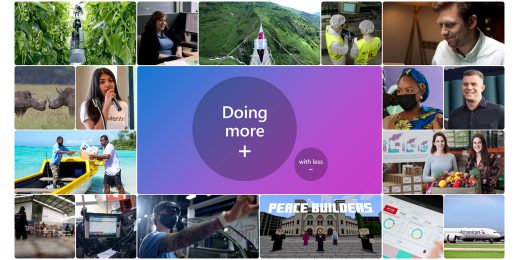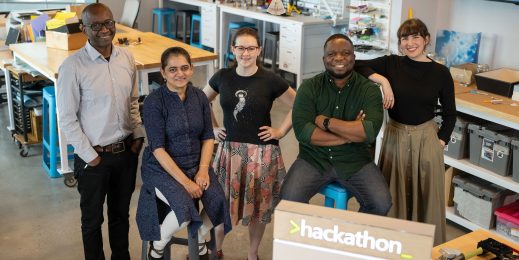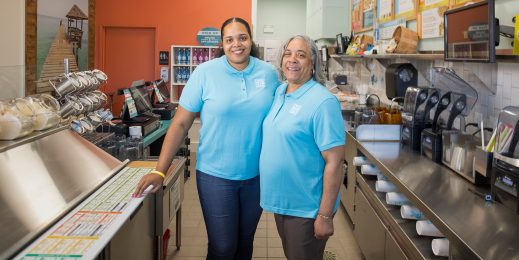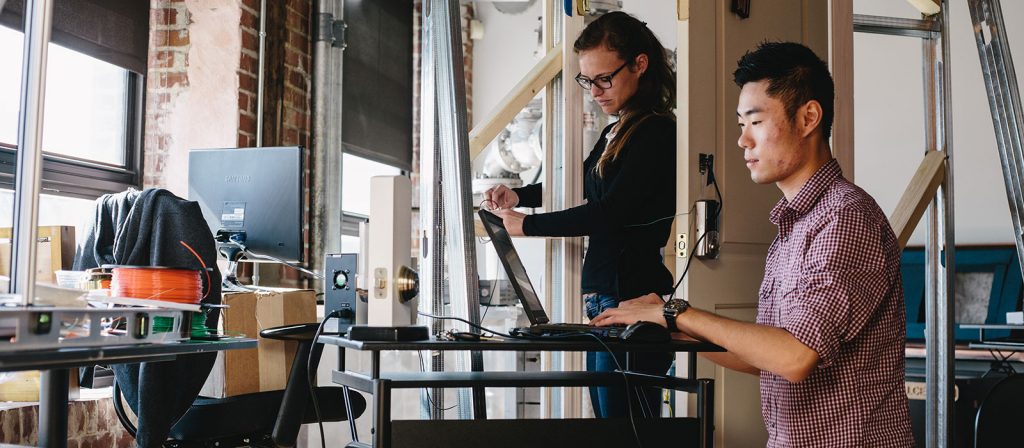
Reinventing the world from keys to light switches, startups grow their businesses on Microsoft technology
In the span of five years, UniKey has grown from a tiny startup to a pioneer in the smart lock industry. Its founder and president, Phil Dumas, has gone from a budding Florida entrepreneur who appeared on “Shark Tank” to the head of a company that’s raised $14.3 million.
UniKey now powers a leading smart lock on the market with partner Kwikset, the largest residential lock manufacturer in the U.S. and one of the largest in the world.
“We basically set out to replace your entire keychain with your phone,” says Dumas. “As long as you have your phone on you or in your pocket or purse, all you have to do is walk up and touch the door and it magically unlocks.” In other words, no fumbling for your keys — or your phone to open an app.
UniKey is one of many successful startups around the world to grow and raise funding with the help of Microsoft programs and tools. Microsoft BizSpark gives thousands of dollars in free Azure cloud services to startups, and Microsoft Ventures operates accelerators in seven cities worldwide that give startups guidance and mentoring to pitch investors.
Microsoft helps startups grow in all stages of funding, whether they’re bootstrapping, crowdfunding, talking to angels or going through their first Series A. With free access to Azure, startups have a secure, reliable, open-source-friendly platform to deploy apps, store data and create virtual machines as they develop their solutions.
And go-to-market support and networking with Microsoft customers help startups grow around the world and navigate a funding landscape that’s changed over the years. Gone are the days when startups went directly from friends and family to venture capitalists. These days, startups have access to many more funding types, with accelerators, crowdfunding platforms, angel investors and angel groups.
“There’s no better external validation than seeing our startups raise significant funding,” says Scott Coleman, general manager of Microsoft Ventures. “It tells us we are finding and mentoring great startups and that our support is having a positive impact. Their success is our success.”

Here’s a look at how Microsoft has helped startups in various stages of funding.
UniKey
“I’ve never been a fan of traditional keys,” says UniKey founder Dumas, an electrical engineer with a background in biometrics security. “Keys literally, in their current form, have more or less been around for 1,100 years, and I just felt a passion for unlocking things in new and unique ways.”
In April, UniKey raised $10 million in a Series A round of venture capital funding to propel additional products to market. That was nearly two years after UniKey and its first residential lock partner, Kwikset, launched Kevo. Kevo is a secure, one-step, Bluetooth-enabled smart lock, now available for resale in five countries.
“That one step is touching your door, which is about as simple as it gets,” says Dumas.
BizSpark helped UniKey save money in its early days, and now Azure is helping UniKey expand into new markets. The company uses Azure Cloud Services, Service Bus, Redis and Linux Virtual Machines, which hosts UniKey’s Ruby on Rails MyKevo.com site.
“Microsoft Azure affords UniKey the information and flexibility to immediately respond to ever-growing customer demand,” says Dumas.
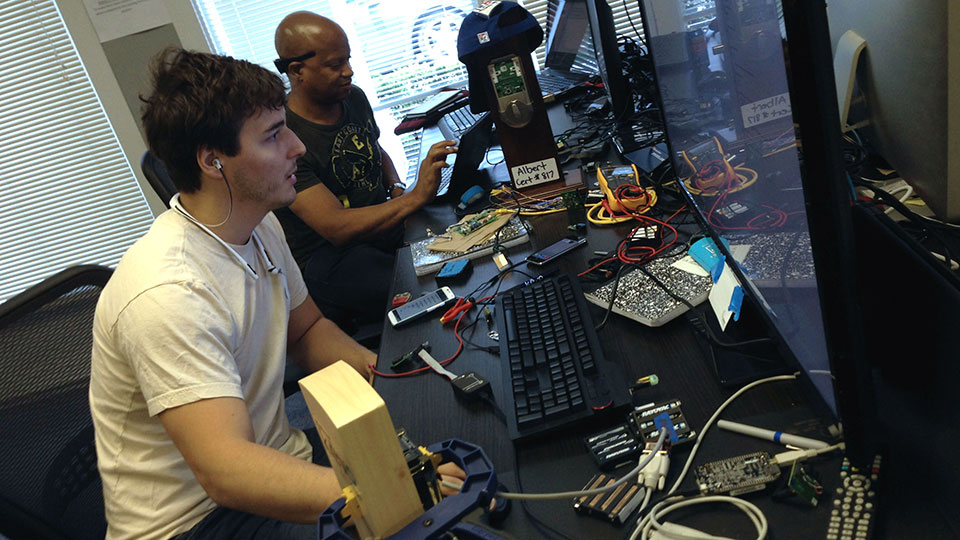
Plum
Based in Austin, Texas, Plum makes a Wi-Fi-enabled light switch and dimmer that “completely reinvented the light switch,” says CEO Utz Baldwin of the company’s Lightpad product. Users can control and customize their home lighting from their phone and Lightpad’s touch-based switch plate. They can also see their energy use in real time.
A graduate of Techstars and Microsoft Ventures Accelerator in Seattle, Plum has raised nearly $5 million in three years. Customers have pre-ordered more than 10,000 Lightpads, which Plum began shipping in November.
Baldwin says Microsoft Ventures Accelerator helped him meet investors, test hardware and give brand legitimacy to Plum. That helped Plum raise money on crowdfunding platforms like Fundable and CircleUp, positioning the startup for a Series A round.
“When investors see that Microsoft supported you, and still supports you through BizSpark, it provides them with another checkbox that has been satisfied,” Baldwin says. He encourages other entrepreneurs to explore Microsoft for support.
“Programs like what Microsoft has built through BizSpark and Microsoft Ventures Accelerators around the globe are a surefire way to get the help you need,” he says.
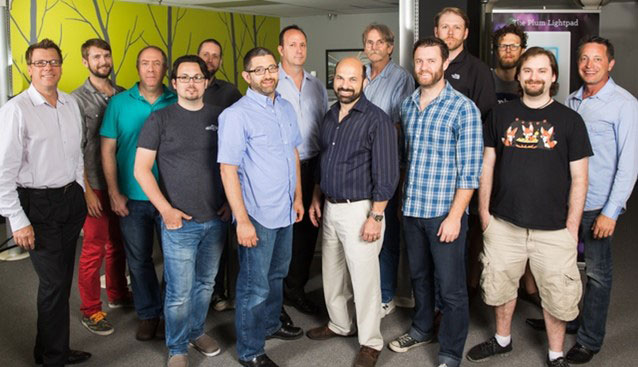
Semper
Started in 2013, Berlin-based startup Semper makes learning and memorizing vocabulary easy, with a mobile app for students and anyone who wants to learn a foreign language.
It does this by surfacing quick, customizable lessons on your phone that integrate learning “into your everyday,” says Semper Co-founder and Chief Content Officer Simon Smend.
The company credits BizSpark and Microsoft Ventures Accelerator in Berlin for helping it raise a seven-digit funding amount in U.S. dollars.
“Microsoft has been a great partner,” says Felix Nienstaedt, Semper co-founder and CEO. “In particular, the Azure platform helps us focus on the product without the need to administer all facets of a sophisticated infrastructure.”
Semper now has more than a million installations, vocab lessons in 53 languages and more than 50,000 user-created “learning packs.”
“What really makes us happy is to look into our customer support inbox and the user tells us, ‘I have improved my grade,’” Smend says.
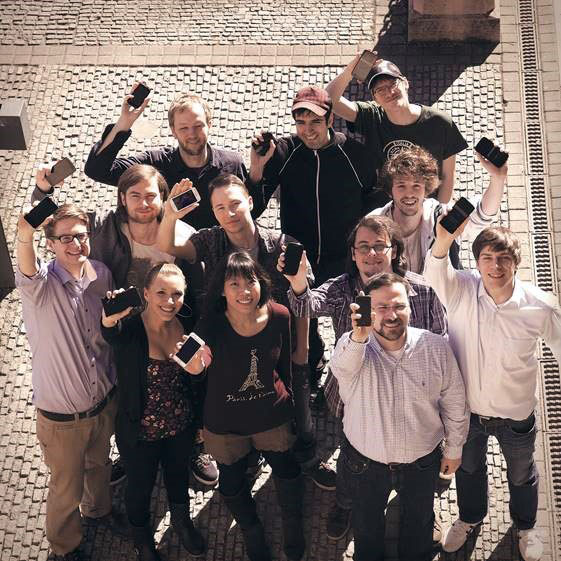
Ario
Need more sunlight? If it isn’t sunny outside, check out BizSpark startup Ario, maker of a Wi-Fi-connected lamp that mimics natural light. Billed as “the world’s first healthy lighting system,” Ario automatically adjusts light direction, color and intensity throughout the day to stimulate natural hormone production for better sleep, energy, health and weight management.

Launched this year, Ario has taken in a seed round and raised more than $167,000 from more than 700 backers on Kickstarter in a few weeks. It handily beat its $50,000 fundraising goal on the first day.
“Having the Microsoft partnership behind us was a good source of validation,” says Ario co-founder and CEO Brian Hoskins. Based in Seattle and the Bay Area, the company also recently joined Stanford University’s StartX accelerator.
BizSpark enabled the budget-conscious startup to scale faster, and Azure is helping Ario imitate the sun’s patterns and adjust for seasons, weather and a user’s location and behavior.
To do that, the company is building a secure, reliable, automated and data-intensive product that’s also elegant and easy to use.
“Being able to do that with Azure has been a huge advantage,” says Hoskins. “And just the fact we’re able to use machine learning capabilities that we build into Azure is really important.”
Vipeline
The concept for New Jersey startup Vipeline began when co-founders Dave Barker, Chris Wall and Alex Hamilton identified pain points in publishing and advertising for native video generation and consumption.
They went on to create an API-driven, turn-key solution that enables users to record video comments from any device to the digital footprints of brands, advertisers and publishers. The solution is driven by an asset management system with a streamlined moderation dashboard for curating and deploying the content.
“We’re trying to create community for publishers, brands and advertisers,” says CEO Hamilton. Vipeline’s module lets content creators build an interactive “video social ecosystem” in their own environment, he says, instead of relying on third-party social media sites for engagement.
Started in 2012, Vipeline bootstrapped until this year, when it completed an angel round of $680,000. BizSpark helped Vipeline save money on demo and pilot programs that gained clients, and Azure provides cloud, storage and Web app services that help Vipeline scale.
“Microsoft Azure and BizSpark have both helped Vipeline grow,” says Hamilton. “The Azure platform has been easy for our developers to utilize and really simplified our development process.”
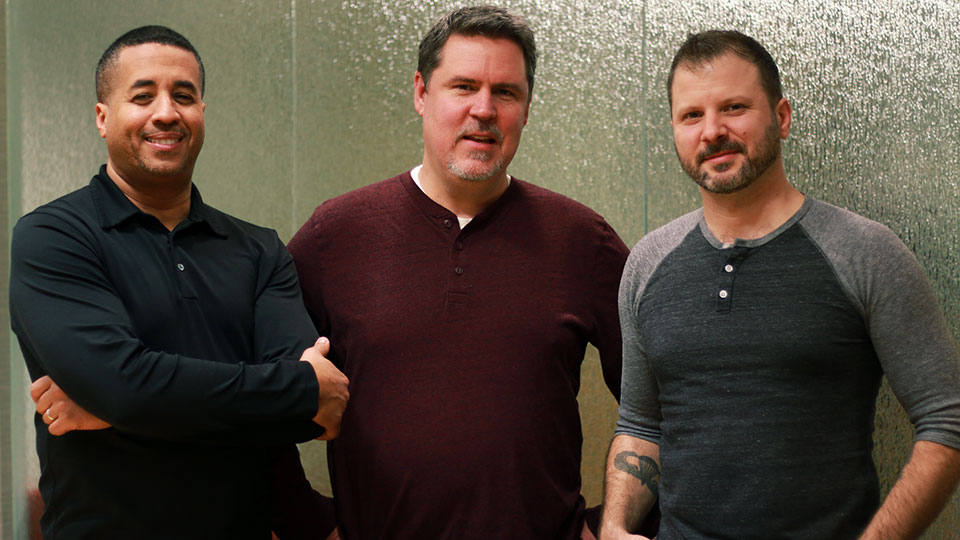
Buying Butler
Graham Blaney got the idea for Buying Butler when he was helping friends and family buy big things like a car or kitchen. He was using his skills in procurement strategies and IT outsourcing to target relevant suppliers and analyze large amounts of data, and realized he could address a need for many consumers.
Founded in 2013, the England-based startup is a digital concierge buying service that gives people personalized data to help them make complex purchases. The startup has raised more than $600,000.
“What our platform does is scrape all the data and present it back in a really rich, visual fashion,” says CEO Blaney. “The big vision we have is we want to empower every consumer to be able to purchase with the confidence of an expert every time.”
BizSpark and Microsoft Ventures helped Buying Butler grow and refine its product, while Azure provides the capacity the company needs to expand quickly. The startup also uses Azure Machine Learning and Stream Analytics to interpret billions of data points, including prices, specs and reviews.
“Azure gives us the flexibility to align business needs and technical capability at a price point that works for us as a startup,” says Buying Butler CTO and Co-founder Steve Weston.

Tep
Tep isn’t just a fitness tracker, but a motivational buddy who’s awfully cute. The app features an endearing pet giraffe you nurture by keeping up with your miles, steps and other workout metrics. Tamagotchis, anyone?
Behind the cuteness is the serious goal of helping people, particularly young women, be active and healthy. Tep’s Hungarian team first came together at a hackathon in 2013 and won a $10,000 prize a year later in the Microsoft Imagine Cup student innovation contest.
“We have [a] vision to make people become more active on a daily basis and support a healthier lifestyle,” says Tep CEO Akos Boros. In addition to the contest award, the startup has also received $22,000 from a game developer accelerator and raised a seed round of $45,000.
Azure provides Tep a reliable backend that can handle user spikes, and Microsoft Visual Studio Online and Blend help the company work with designers to bring its gamification ideas to life.
“Our whole backend is based on Azure,” says Zsolt Jandzso, Tep’s Windows Phone developer. “It can be easily managed, because all of our services are in one place and we don’t have to navigate across different sites.”
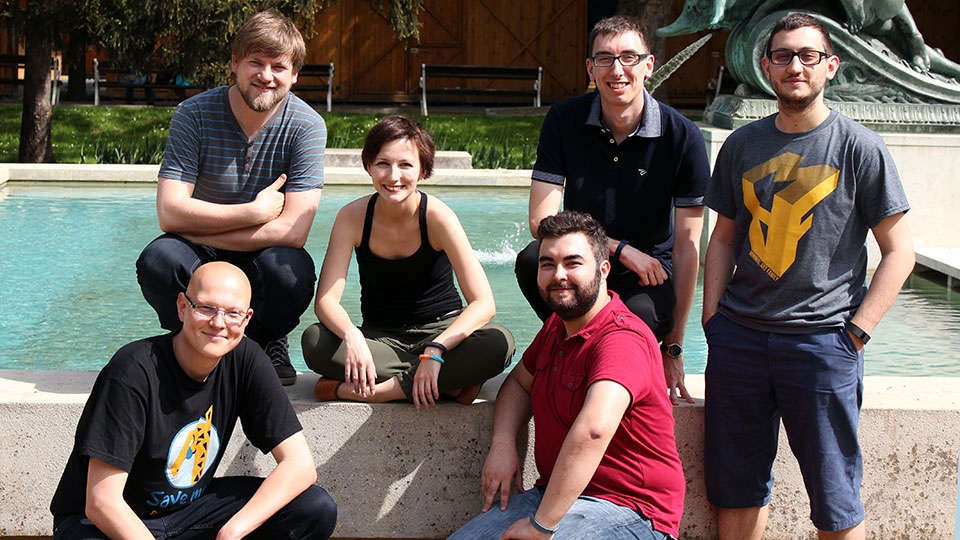
To learn more about Microsoft startups, joining BizSpark or apply to a Microsoft Ventures Accelerator, visit www.microsoft.com/startups.









